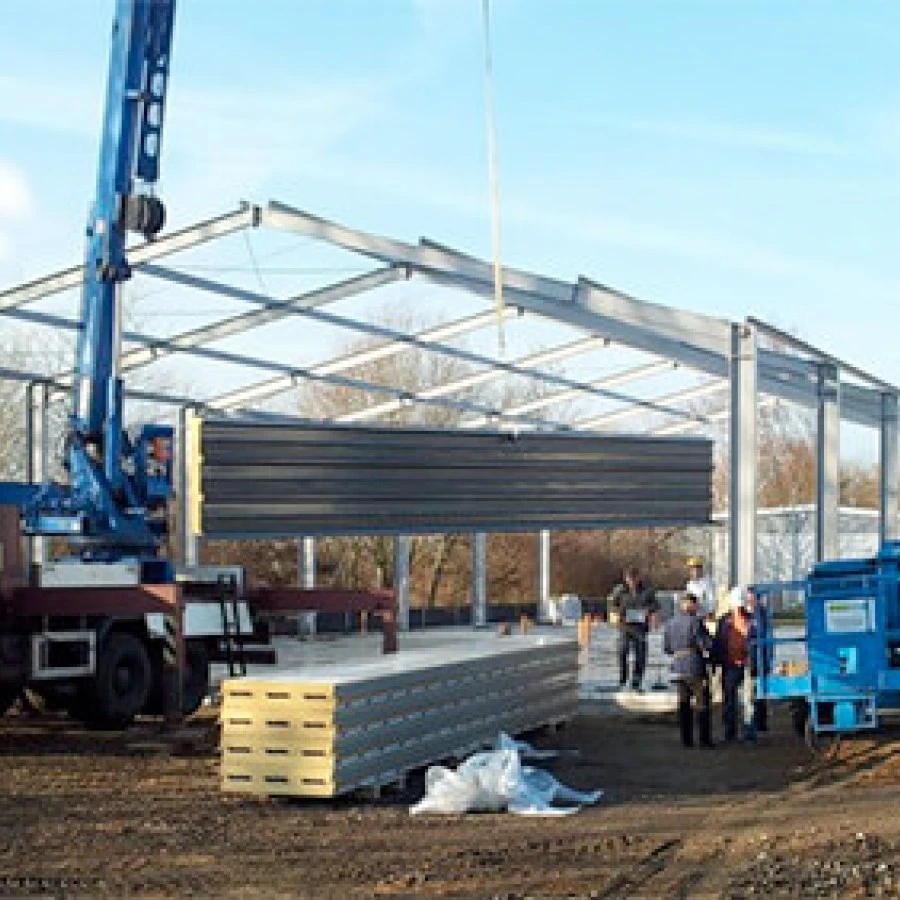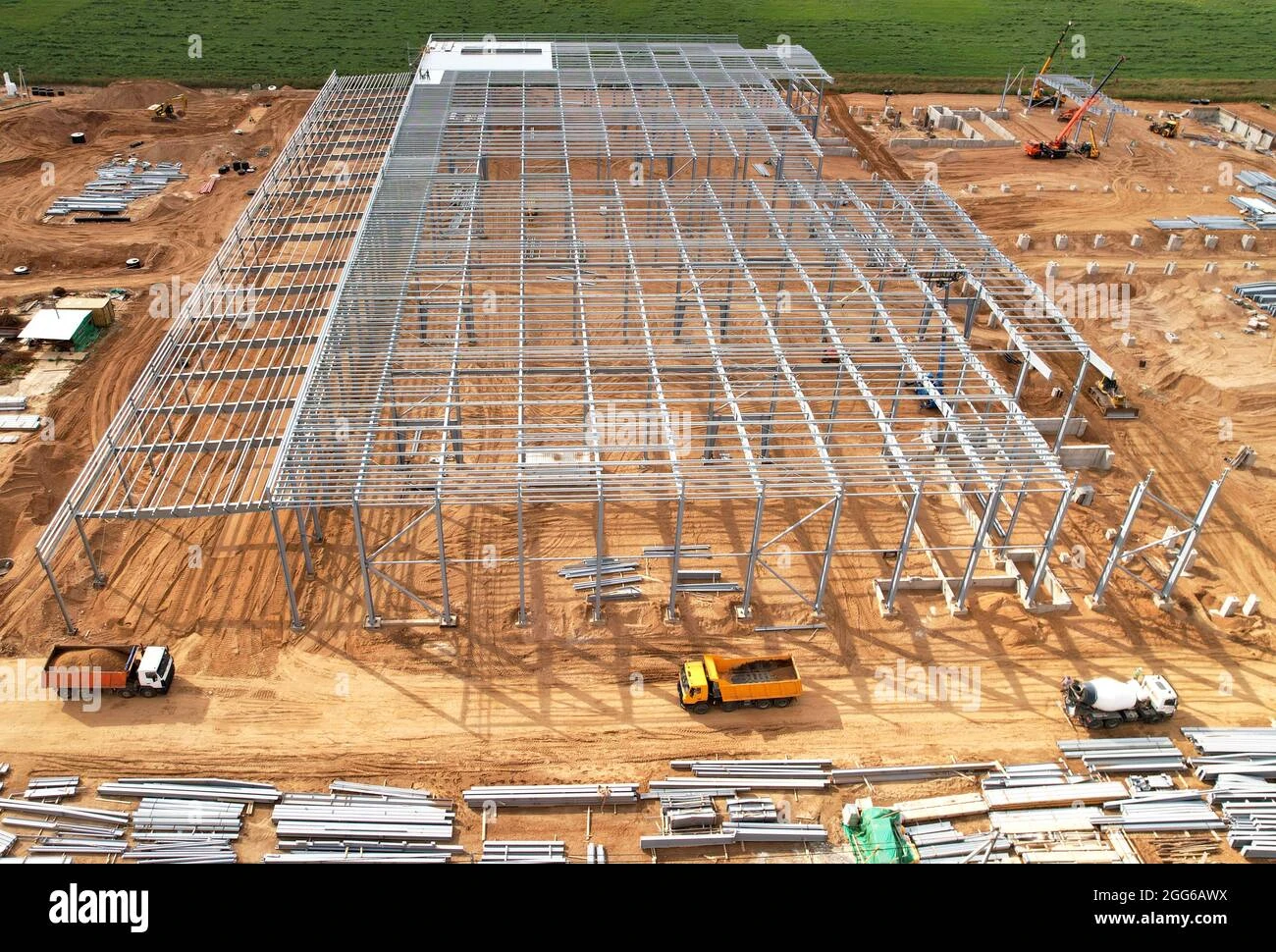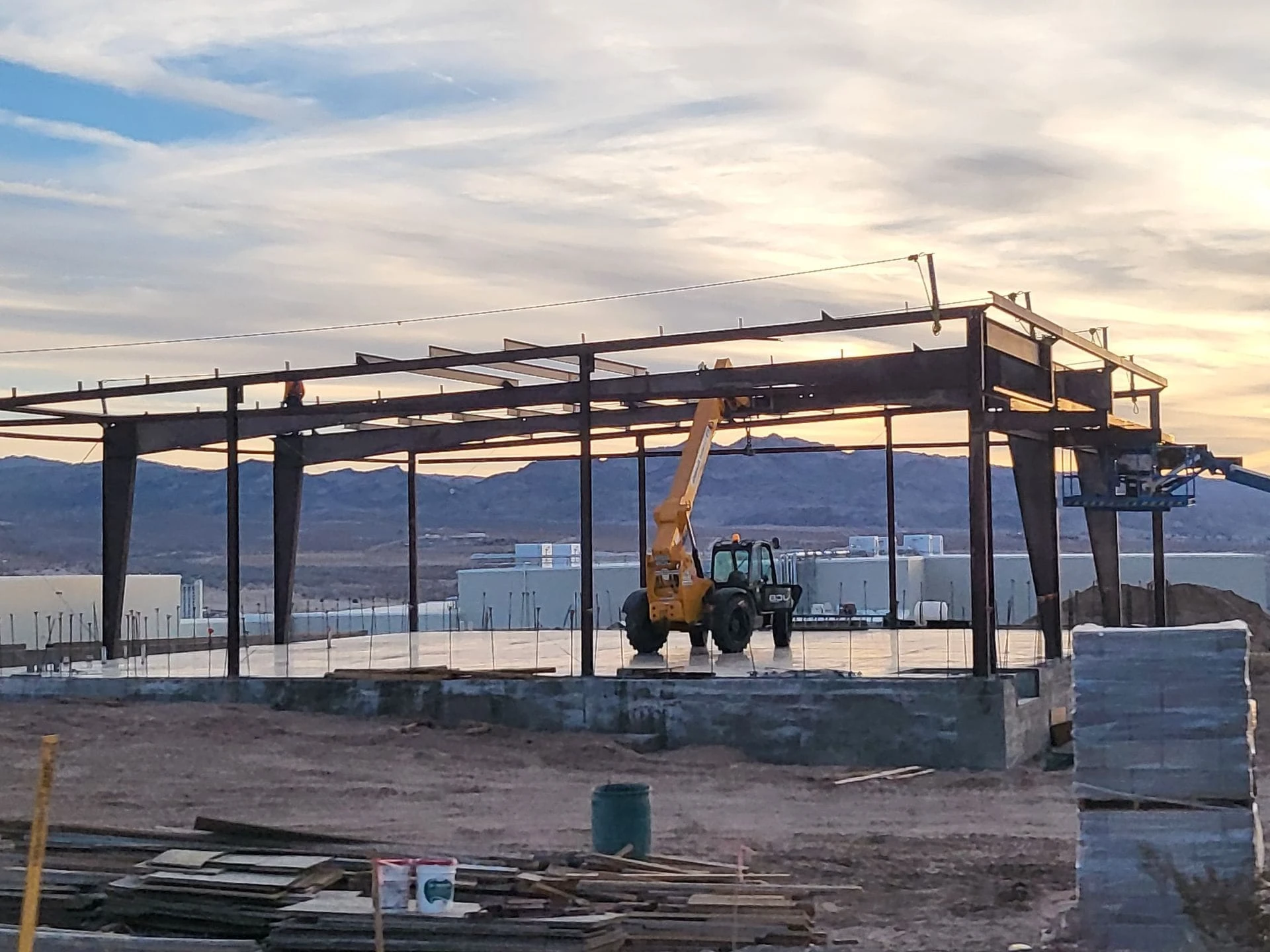- Afrikaans
- Albanian
- Amharic
- Arabic
- Armenian
- Azerbaijani
- Basque
- Belarusian
- Bengali
- Bosnian
- Bulgarian
- Catalan
- Cebuano
- Corsican
- Croatian
- Czech
- Danish
- Dutch
- English
- Esperanto
- Estonian
- Finnish
- French
- Frisian
- Galician
- Georgian
- German
- Greek
- Gujarati
- Haitian Creole
- hausa
- hawaiian
- Hebrew
- Hindi
- Miao
- Hungarian
- Icelandic
- igbo
- Indonesian
- irish
- Italian
- Japanese
- Javanese
- Kannada
- kazakh
- Khmer
- Rwandese
- Korean
- Kurdish
- Kyrgyz
- Lao
- Latin
- Latvian
- Lithuanian
- Luxembourgish
- Macedonian
- Malgashi
- Malay
- Malayalam
- Maltese
- Maori
- Marathi
- Mongolian
- Myanmar
- Nepali
- Norwegian
- Norwegian
- Occitan
- Pashto
- Persian
- Polish
- Portuguese
- Punjabi
- Romanian
- Russian
- Samoan
- Scottish Gaelic
- Serbian
- Sesotho
- Shona
- Sindhi
- Sinhala
- Slovak
- Slovenian
- Somali
- Spanish
- Sundanese
- Swahili
- Swedish
- Tagalog
- Tajik
- Tamil
- Tatar
- Telugu
- Thai
- Turkish
- Turkmen
- Ukrainian
- Urdu
- Uighur
- Uzbek
- Vietnamese
- Welsh
- Bantu
- Yiddish
- Yoruba
- Zulu
Aug . 31, 2024 00:38 Back to list
Steel Construction in Residential Homes A Modern Solution for Sustainable Living
In recent years, the demand for innovative and sustainable building materials has led to a significant rise in the popularity of steel construction in residential homes. Steel, known for its strength, durability, and versatility, offers a compelling alternative to traditional building materials like wood and concrete. This article explores the benefits, applications, and future of steel construction in residential homes, highlighting why it is becoming a favored choice among homeowners and builders alike.
One of the most substantial advantages of steel construction is its exceptional strength-to-weight ratio. Steel frames are lighter than traditional wooden frames, allowing for quicker and more efficient construction processes. This lightweight property also enables the design of more complex architectural forms and open layouts without compromising structural integrity. As a result, homeowners can enjoy spacious interiors and unique designs that reflect their personal style.
Steel Construction in Residential Homes A Modern Solution for Sustainable Living
Another notable benefit of steel construction is its resistance to common issues that plague traditional wood-framed homes. Steel is non-combustible, providing superior fire resistance compared to wood, which can significantly lower insurance premiums for homeowners. Additionally, it is impervious to pests such as termites, which are a common concern in wooden structures. This resistance not only extends the lifespan of a home but also reduces maintenance costs over time.
steel construction residential homes

Steel construction also allows for faster project timelines. Builders can fabricate steel components off-site, which reduces on-site construction time and minimizes disruptions to the surrounding neighborhoods. This efficiency is increasingly appealing in a fast-paced market where timely completion of residential projects is crucial.
Despite these advantages, some potential homeowners may still be hesitant to embrace steel construction due to misconceptions regarding costs and aesthetics. While the initial investment in steel framing may be higher than that in traditional wood, the long-term savings on maintenance, insurance, and energy efficiency can outweigh this initial expense. Additionally, modern steel homes can be designed to resemble traditional houses, with various cladding options available, ensuring that aesthetic preferences are not compromised.
Looking ahead, the future of steel construction in residential homes is bright. With technology continuously advancing, innovative practices such as modular construction and 3D printing using steel are on the rise, offering even more potential for efficiency and creativity. As the housing market continues to evolve, incorporating sustainable and resilient materials like steel will be paramount in meeting the needs of a growing population.
In conclusion, steel construction presents a transformative approach to building residential homes. Its strength, sustainability, and long-term savings make it a compelling option for modern homeowners. As awareness of its benefits increases and technology continues to advance, we can expect steel to play an increasingly significant role in the evolution of residential architecture, paving the way for a more sustainable future in housing.
-
Navigating the World of Steel Building Services: Who to Choose?
NewsJun.23,2025
-
How Do Steel Frame and Prefab Building Factories Shape Modern Construction?
NewsJun.23,2025
-
How Do Steel and Metal Structures Shape Modern Industrial Spaces?
NewsJun.23,2025
-
How Do Prefab Buildings of Various Sizes Meet Modern Construction Needs?
NewsJun.23,2025
-
How Do Factory Buildings and Metal Structures Redefine Industrial Infrastructure?
NewsJun.23,2025
-
Exploring Key Aspects of Industrial Building Development: What You Need to Know?
NewsJun.23,2025
Products categories
Our Latest News
We have a professional design team and an excellent production and construction team.












